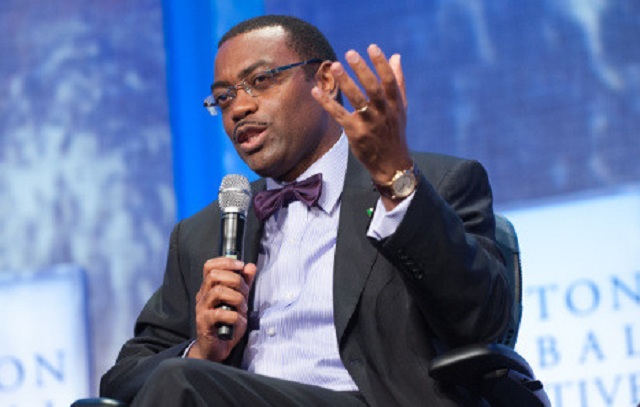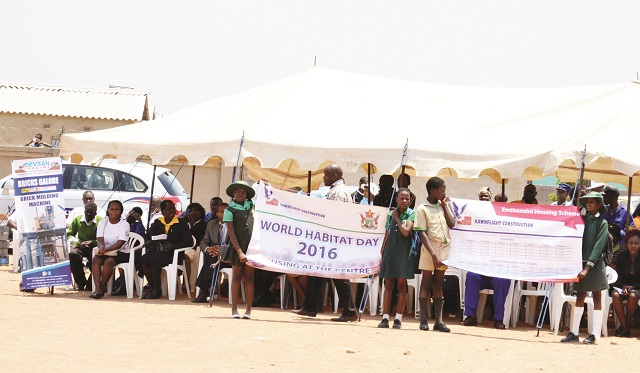AfDB pledges $5 billion for climate projects

Bianca Mlilo, Business Reporter
THE African Development Bank (AfDB) says it will triple its budget for climate finance projects by 2020 to $5 billion a year as part of efforts to avert hunger.
Climate finance refers to funding channelled by national, regional and international entities for climate change mitigation and adaptation projects and programmes. It involves the flow of funds from developed to developing nations to help poorer countries to cut their emissions and adapt to climate change.
AfDB, through its High 5 Priorities, is tackling the impact of climate change on agriculture and how agriculture fuels climate change through a multi-pronged approach.
The development bank’s five initiatives are Light up and power Africa, Feed Africa, Industrialise Africa, Integrate Africa, and Improve the quality of life for the people of Africa.
The five are a part of a comprehensive blueprint for the implementation of the regional bank’s 10-year strategy 2013-2022.
“The first priority, Light up and power Africa also deals with climate finance, adaption and low carbon development. The Bank has committed to triple its climate finance to US$5 billion a year by 2020, including by leveraging more finance from climate funds,” said AfDB.
“Attaining the 2030 Zero Hunger target can only be attained by addressing climate change, as the millions of people suffering from chronic undernourishment are small-scale farmers, fishers and pastoralists mostly affected by rising temperatures, floods and other weather-related disasters.”
AfDB’s Agriculture and Agro-Industry Department said it believed that without concerted action to tackle the causes and effects of climate change, the yields of major African staple crops “would decline by eight percent to 22 percent by 2050.”
“By 2100, maize yields could decline by 20-45 percent, wheat by 5-50 percent, rice by 20-30 percent; and soybean yields by 30-60 percent,” it said.
Agriculture, Africa’s main activity accounts for approximately 14 percent of greenhouse gas emissions, with the figure projected to rise to 25 percent when forestry and other land-use activities are included. As a consequence, measures need to be put in place to mitigate against the effects of climate change.
AfDB president Dr Akinwumi Adesina is on record as saying Africa has over 65 percent of all the arable land left in the world.
The sources and governance of climate finance have been extensively debated since the 2009 climate change summit in Copenhagen, where industrialised countries committed to giving $100 billion a year in additional climate finance from 2020 onwards.
To get the ball rolling, immediate “fast-start” finance of up to $30 billion was promised until the end of 2012. Donor countries have met their initial commitment on fast-start finance. Over $30 billion in additional climate finance has been provided since Copenhagen.
The UK had contributed $2,4 billion by 2015.
@BiancaMlilo








Comments